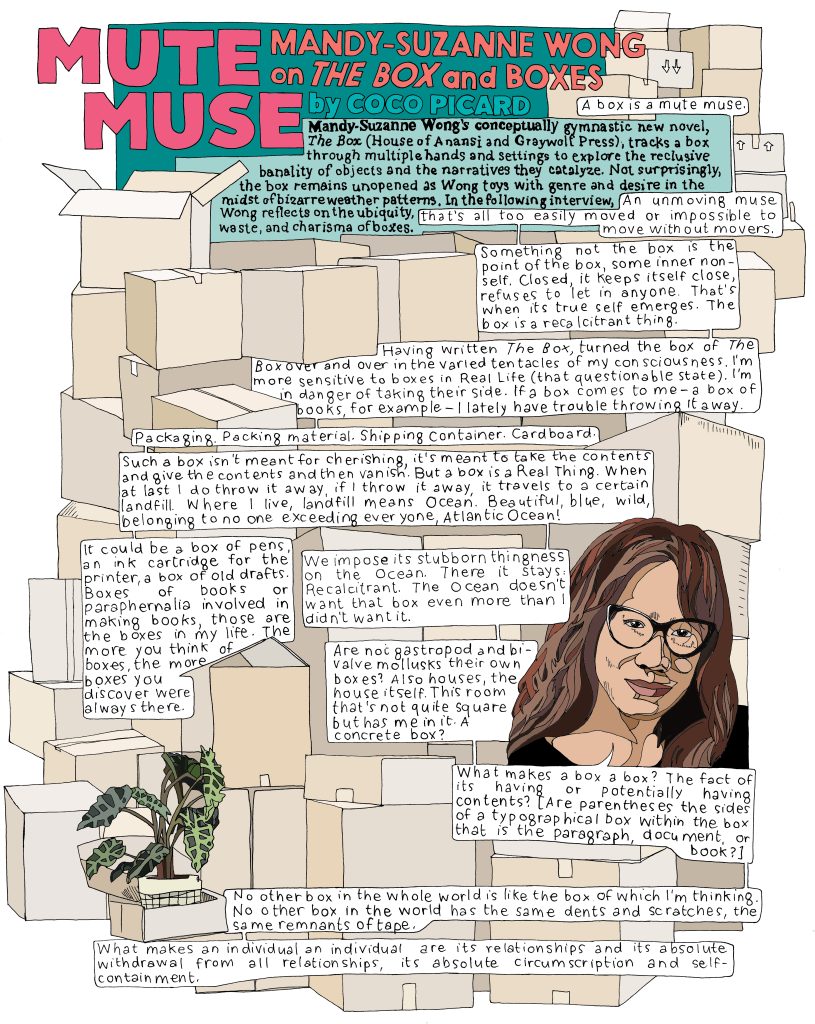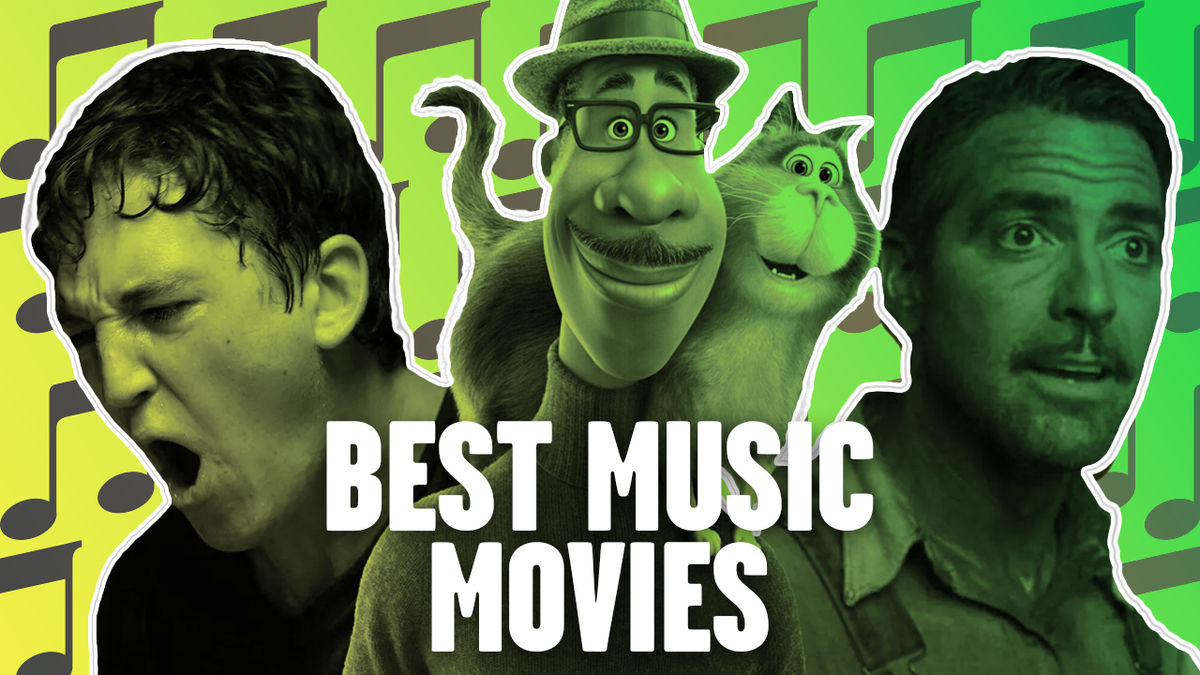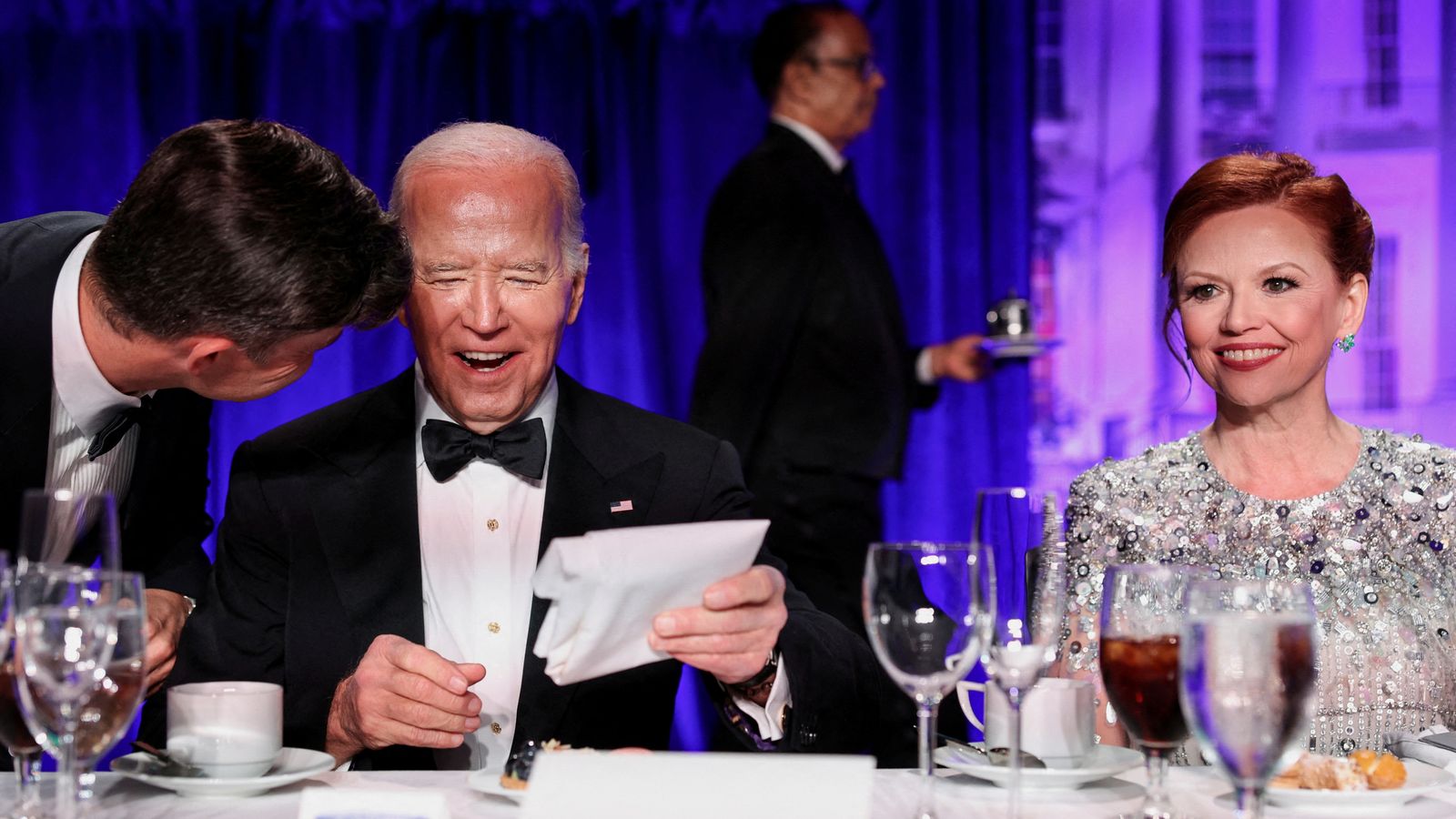Sam Altman, the high-profile chief executive of OpenAI, who became the face of the tech industry’s artificial intelligence boom, was pushed out of the company by its board of directors, OpenAI said in a blog post on Friday afternoon.
The move set off a reshuffling at OpenAI, a groundbreaking A.I. company and the maker of the popular chatbot ChatGPT. Mira Murati, previously OpenAI’s chief technology officer, was named interim chief executive officer, the company said. Hours later, Greg Brockman, the company’s president, said he was quitting.
“Mr. Altman’s departure follows a deliberative review process by the board, which concluded that he was not consistently candid in his communications with the board, hindering its ability to exercise its responsibilities,” the company said. “The board no longer has confidence in his ability to continue leading OpenAI.”
Leaving OpenAI is a stunning fall for Mr. Altman, 38, who over the last year had become one of the tech industry’s most prominent executives as well as one of its most fascinating characters. Last fall, OpenAI launched an industrywide A.I. frenzy when it released ChatGPT.
It was not immediately clear what had led to the board’s decision beyond what its statement said. Mr. Altman could not be immediately reached for comment. In a post to X, formerly Twitter, he wrote: “i loved my time at openai. it was transformative for me personally, and hopefully the world a little bit. most of all i loved working with such talented people. will have more to say about what’s next later.”
A longtime tech entrepreneur, Mr. Altman helped found OpenAI with the financial backing of Elon Musk in 2015. He steered the small San Francisco company into rare territory — a technology leader funded by billions of dollars from Microsoft and envied by Silicon Valley giants like Google and Meta, Facebook’s parent company.
Mr. Altman also became a spokesman for the tech industry’s shift toward A.I., testifying before Congress and charming lawmakers and regulators around the world. Many in the industry believe A.I. is the biggest technology shift in generations, and no one has done more to generate mainstream enthusiasm for it than Mr. Altman.
On Thursday evening, Mr. Altman appeared at an event in Oakland, Calif., where he discussed the future of art and artists now that artificial intelligence can generate images, videos, sounds and other forms of art on its own. Giving no indication that he was leaving OpenAI, he repeatedly said he and the company would continue to work alongside artists and help to ensure their future would be bright.
Earlier in the day, he appeared at the Asia-Pacific Economic Cooperation CEO Summit in San Francisco with Laurene Powell Jobs, who is the founder and president of the Emerson Collective, and executives from Meta and Google.
Mr. Brockman, who helped found OpenAI alongside Mr. Altman, said in a post on X that he was quitting. The company said earlier in the day that he would step down as chairman of the board but remain as president, reporting to the chief executive.
Reached by phone, Mr. Brockman declined to comment. From OpenAI’s earliest days, he had been instrumental in shaping both its mission and its day-to-day operations.
When OpenAI released ChatGPT last November, the chatbot attracted hundreds of millions of users, wowing people with the way it answered questions, wrote poetry and discussed almost any topic tossed its way.
After the chatbot’s success, the wider tech industry embraced what is called generative artificial intelligence — technologies that can generate text, images and other media on their own. The result of more than a decade of research inside companies like OpenAI and Google, these technologies are poised to remake everything from email programs to internet search engines to digital tutors.
OpenAI is in talks to close a new funding round that would value the company at more than $80 billion — nearly triple its valuation less than a year ago — and it is unclear what Mr. Altman’s departure will mean for those talks.
But his removal is a blow to Microsoft, which has invested $13 billion in OpenAI and has what amounts to a 49 percent stake in the company. Satya Nadella, Microsoft’s chief executive, introduced an expansive plan this year to use the technology developed at OpenAI in nearly all of Microsoft’s products, from the Bing search engine to its widely used business software. Mr. Altman joined him at a press event to announce the plans.
Microsoft said on Friday afternoon that it planned to continue to work closely with OpenAI. Mr. Nadella said in a statement that the company’s long-term agreement with OpenAI provided Microsoft “full access to everything we need to deliver on our innovation agenda and an exciting product road map.” He added that the company remained committed “to our partnership, and to Mira and the team.”
Microsoft’s stock price fell more than 1 percent in the last 30 minutes of trading, after Mr. Altman’s departure was announced.
In a message to OpenAI employees viewed by The New York Times, Ms. Murati said that she had talked with Mr. Nadella and Microsoft’s chief technology officer, Kevin Scott, on Friday and that they remained supportive of OpenAI.
“We are now at a crucial juncture where our tools are being widely adopted, developers are actively building on our platforms and policymakers are deliberating on the best ways to regulate these systems,” she wrote. “It’s more important than ever that we stay focused, driven and true to our core values.”
OpenAI’s four-member board of directors is a mix of respected A.I. researchers, tech executives and A.I. policy experts, including Ilya Sutskever, the company’s chief scientist and co-founder, and Adam D’Angelo, chief executive of the question-and-answer site Quora. The board members could not be immediately reached for comment.
Current and former OpenAI employees were shocked by the news. As recently as Friday morning, they were discussing Mr. Altman as if he had a long future with the company. Researchers, entrepreneurs and investors outside the company were equally surprised, with many scrambling to determine why the OpenAI had made its decision.
Jack Altman, one of Mr. Altman’s younger brothers and the chief executive of the business software start-up Lattice, defended his sibling on X.
“More important than being one of the most brilliant and impactful people our industry has ever had,” he wrote, “Sam is one of the most generous and caring people I know. I’ve never met someone who has supported and lifted up more people around them than him. Couldn’t be a prouder brother.”







